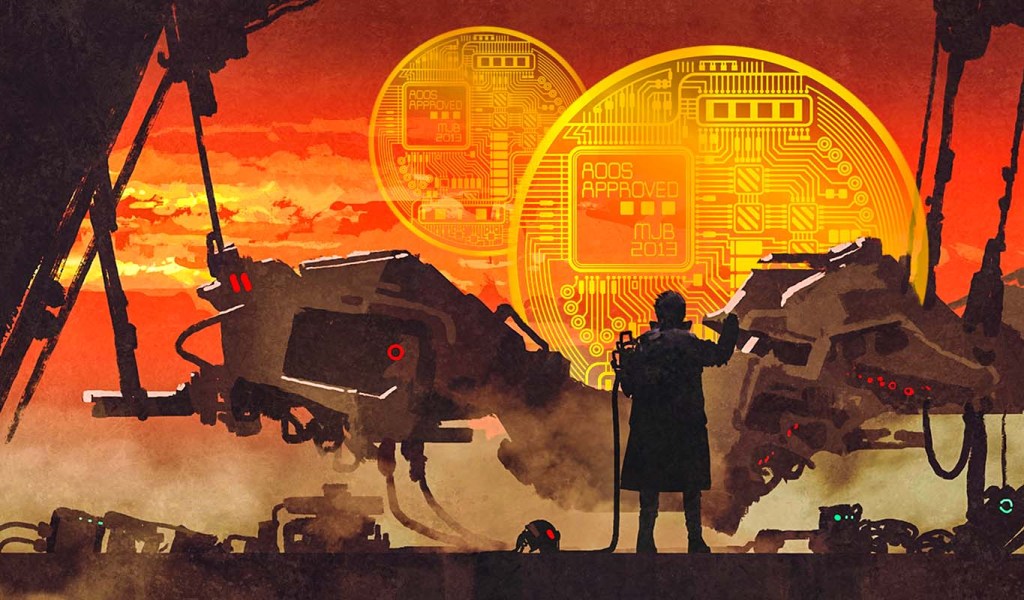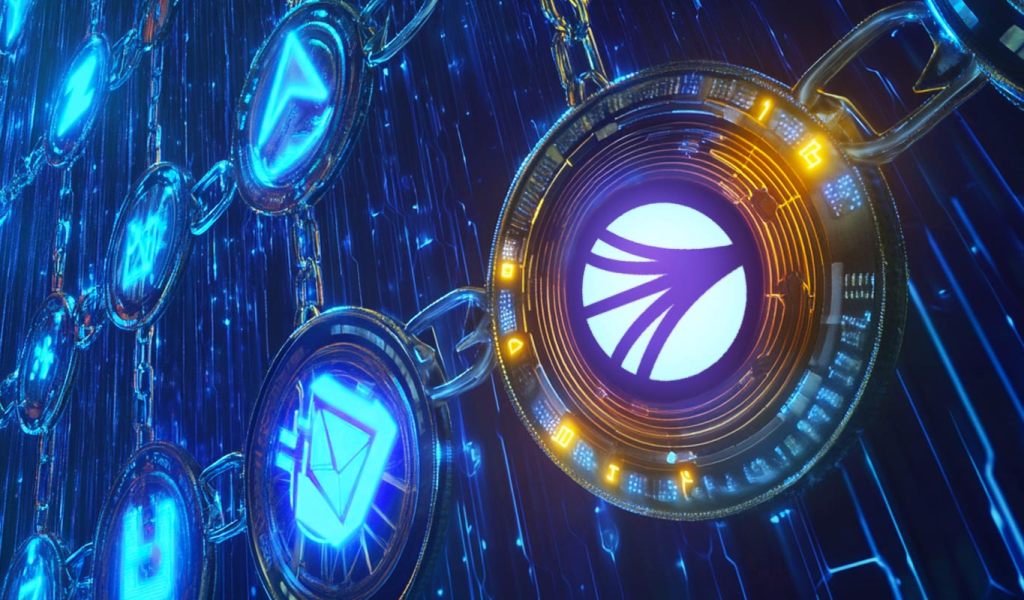
A widely followed crypto analyst says that a strong move is coming for one memecoin that could see it rally by up to 75%. In a new thread, the pseudonymous crypto trader Altcoin Sherpa tells his 244,000 followers on the social media platform X that if the artificial intelligence (AI)-based meme asset Fartcoin (FARTCOIN) can […]
The post Trader Says ‘Strong First Move’ Incoming for Dogecoin Rival, Predicts Memecoin Could Rally by up to 75% appeared first on The Daily Hodl.

A widely followed crypto trader is turning bullish on a handful of altcoins as digital assets attempt to find a bottom. The pseudonymous trader and analyst known as Altcoin Sherpa says he’s bullish on KAITO, an artificial intelligence (AI)-powered Web3 information platform. He tells his 243,000 followers on the social media platform X that he’s […]
The post Trader Predicts Rallies for Two Artificial Intelligence Altcoins, Names Three Key Coins for Mid-Term Holdings appeared first on The Daily Hodl.

Widely followed crypto strategist Michaël van de Poppe believes that one Ethereum (ETH) rival is in a position to ignite a real bullish phase. Van de Poppe tells his 776,000 followers on the social media platform X that the layer-1 protocol Near (NEAR) appears to be carving a cycle bottom. The analyst says that NEAR […]
The post Analyst Michaël van de Poppe Says Real Run Coming for Layer-1 Altcoin, Updates Outlook on XRP, SUI and Sonic appeared first on The Daily Hodl.

A popular analyst thinks that one red-hot altcoin has a lot more upside potential after putting up huge gains within weeks. The pseudonymous analyst known as Altcoin Sherpa tells his 242,900 followers on the social media platform X that layer-1 blockchain Sonic (S) may soon hit $1. “S is still one of the strongest mid-caps […]
The post Trader Says Ethereum Competitor That’s Up 140% in Three Weeks To Go ‘Way Higher,’ Maps Path Forward for Bitcoin appeared first on The Daily Hodl.

The newly rebranded layer-1 blockchain Sonic (S) is being called the “golden standard” of layer-2s (L2s) by Andre Cronje, the project’s co-founder. Cronje claims on the social media platform X that Sonic, formerly known as Fantom, is the “only actual decentralized stage 3 L2.” “No fee extraction, all submits 100% to ETH, no ‘centralized value […]
The post Sonic Now ‘Golden Standard’ of Layer-2s After Scaling Transactions to 16,000+ per Second, Says Andre Cronje appeared first on The Daily Hodl.

An Ethereum (ETH)-competitor is printing gains after receiving support from the world’s largest crypto exchange by volume. In a new announcement, Binance says it will be adding support for Sonic (S), formerly known as Fantom (FTM), to many of its programs. “Binance is excited to announce that Sonic will be added to Binance Simple Earn, […]
The post Ethereum-Rival Sonic (S) Receives Small Boost Following Binance Listing appeared first on The Daily Hodl.
 Sonic Labs has unveiled Blaze, its upgraded testnet 2.0, showcasing groundbreaking advancements in the blockchain’s speed and efficiency. Sonic Labs’ Blaze Testnet Pushes Blockchain Boundaries The Sonic blockchain is an up and coming layer one (L1) Ethereum Virtual Machine-compatible network designed for high-speed transaction processing. Known for its rapid transaction finality, the blockchain achieved a […]
Sonic Labs has unveiled Blaze, its upgraded testnet 2.0, showcasing groundbreaking advancements in the blockchain’s speed and efficiency. Sonic Labs’ Blaze Testnet Pushes Blockchain Boundaries The Sonic blockchain is an up and coming layer one (L1) Ethereum Virtual Machine-compatible network designed for high-speed transaction processing. Known for its rapid transaction finality, the blockchain achieved a […]
A widely followed crypto strategist believes one under-the-radar Ethereum (ETH) challenger will hit his massive price target this cycle. Pseudonymous trader Rager tells his 199,100 followers on the social media platform X that he’s bullish on layer-1 protocol Fantom (FTM). Rager shares a chart suggesting that FTM will hit his price target of $3.31 by […]
The post Trader Unveils Massive Price Target for Ethereum Rival, Says Memecoins Attract Retail Investors appeared first on The Daily Hodl.

A closely followed analyst believes that one Ethereum (ETH) challenger is gearing up to spark massive rallies and play catch-up with other high-flying crypto assets. In a video update, pseudonymous analyst Rager tells his 197,800 followers on the social media platform X that Fantom (FTM) is one of his highest conviction trades for the coming […]
The post Trader Says Ethereum Rival One of His ‘Highest Conviction’ Trades, Forecasts Major Catch-Up on Bullish Catalyst appeared first on The Daily Hodl.

Fantom price flashes a classic bullish trading pattern which could extend its month-long double-digit rally.
Fantom (FTM) price has risen 25% in seven days, to $0.51 on Sept. 16. This is part of a rebound that began on Aug. 6 and has seen the price rise more than 40% over the last 30 days.
Data from Cointelegraph Markets Pro and TradingView shows FTM rose from a low of $0.26 on Aug. 5, climbing as much as 103% to an intraday high of $0.53 on Sept. 16.
FTM/USD daily chart. Source: TradingView